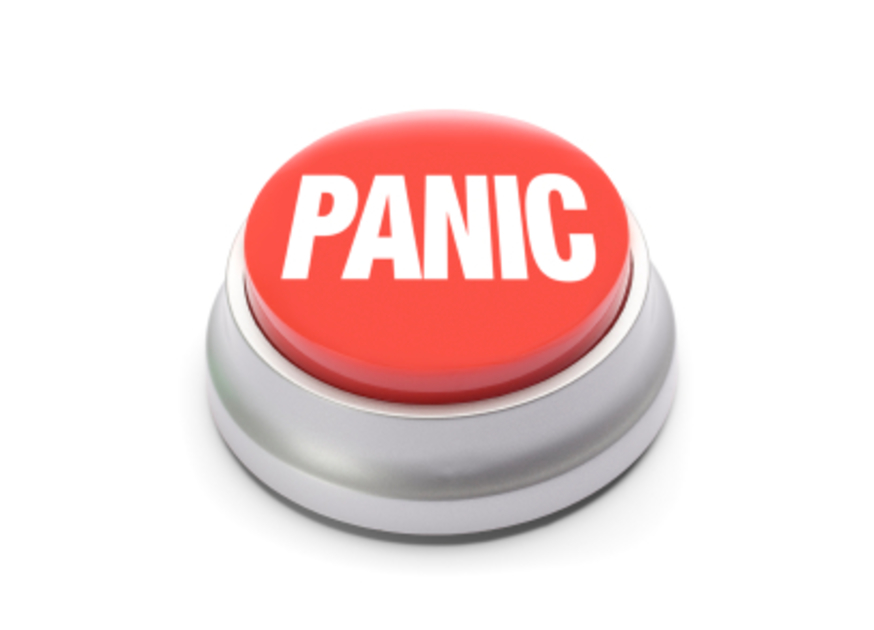
Question: This past summer I had an anxiety attack. It came as a surprise because last year I was depressed but at the beginning of the summer I made it my business to get out of the rut. And since then I’ve been very busy going to classes and having a very small business which allows me to express myself. I’ve been in therapy for about a year now and I really feel like I’m on the road to recovery, being emotionally aware and stable.
How and why is it that at this point I suffered from an anxiety attack. I’ve had four since the summer. Maybe I need a different form of therapy. How can I know when and if it’s time to change tactics or therapists? I can’t go on like this, I feel like it’s holding me back and inhibiting me tremendously.
What you refer to as an anxiety attack is likely what is referred to in the literature as a panic attack. This is a sudden onset of intense fear and physical reactions without any obvious cause. Panic attacks often are preceded by a stressful life event, both positive (marriage, moving) or negative (e.g., losing someone). This stress is usually accompanied by a family history of anxiety/panic (common for several members of an extended family to experience the same symptoms) as well as an inordinate focus on and searching for bodily sensations that may mark another panic attack. These frightening thoughts turn on the fight-flight nervous system response and paradoxically bring on panic attacks.
The good news is that this is highly treatable. Psychoeducation is important (for starters, many responsible online sites such as ADAA or the Mayo Clinic will provide reliable information). Researchers from different centers around the world (e.g., Barlow, Craske) have developed treatment methods involving a specialized form of cognitive-behavioral therapy (CBT). While specific components of this treatment is beyond the scope of this response, the readers is encouraged to access the aforementioned articles for further details. Medication can also be helpful as a treatment for panic.
Please keep in mind that, as with most forms of distress, there are different points of entry and some therapists may focus on other methods towards the same goal. There is no problem to have a discussion with the therapist about his/her views of utilizing a CBT or medication-based approach, which may result in quicker relief. However, keep in mind, that other approaches may work best in your situation. When in doubt, it helpful to obtain a second option from an outside trusted professional or referral source (such as Relief Resources). It is also a good idea to trust this response and the therapist rather than to continue seeking other opinions.
This article appeared originally in the Yated Neeman
 Previous
Previous

